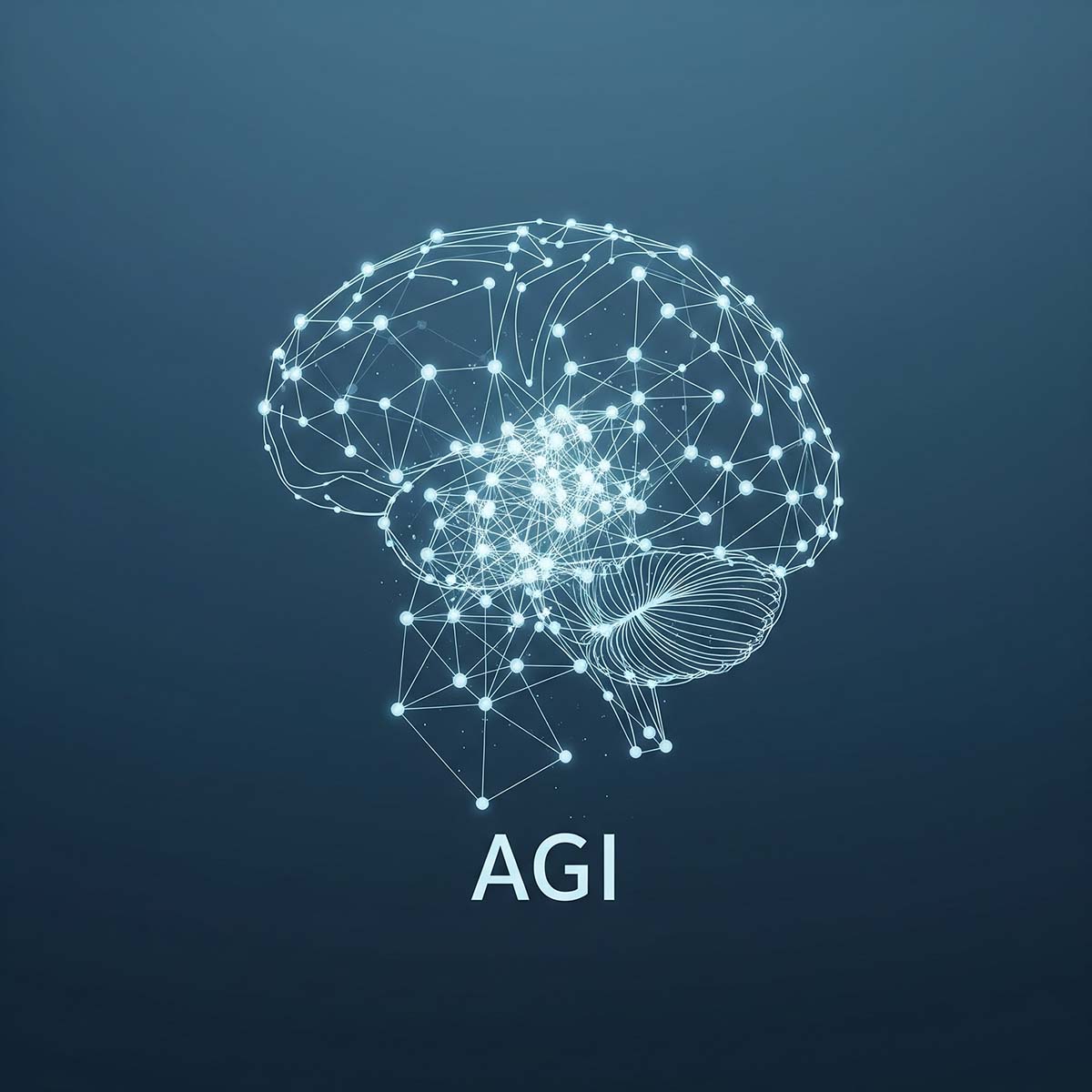The concept of Artificial General Intelligence (AGI) has long captivated the imagination of scientists, philosophers, and science fiction enthusiasts alike. Beyond the specialized AI systems we use today – such as those recognizing faces or playing chess – AGI represents a level of artificial intelligence possessing human-like, or even superior, cognitive abilities across a wide range of tasks. It’s not just a tool to perform a single function efficiently; rather, it’s an entity capable of learning, understanding, reasoning, and adapting to almost any intellectual task.
What Exactly Is Artificial General Intelligence?
Simply put, if Narrow AI, or what’s known as Weak AI, focuses on a specific task like machine translation or data analysis, then Artificial General Intelligence (AGI), or Strong AI, aims to fully emulate human cognitive abilities. Imagine a system that can not only compose music but also understand the emotions it evokes, or design a bridge and then discuss the philosophical implications of its architecture. This is the essence of AGI: the ability to learn from experience, solve unfamiliar problems, and even demonstrate creativity and general understanding.
The challenge lies in the fact that human intelligence is incredibly multifaceted and complex. We don’t just process information; we think abstractly, solve complex problems, learn new languages, create, and understand social and cultural contexts. Building a machine system capable of emulating this broad range of abilities requires immense leaps in fields like Deep Learning, Neural Networks, and Robotics, in addition to a deeper understanding of the human brain’s functions.
The Dream: Why Do We Strive for AGI?
The potential of Artificial General Intelligence is enormous and holds the promise of fundamentally transforming human civilization. Imagine a world where AI could design treatments for intractable diseases at an unprecedented pace, or develop solutions for seemingly intractable climate change problems, or even discover new physical principles that change our understanding of the universe.
- Limitless Scientific Progress: AGI could accelerate the pace of scientific discoveries in almost every field, from medicine to space.
- Solving Global Problems: The ability to address complex challenges such as poverty, resource scarcity, and pandemics.
- Improving Quality of Life: Automating tedious and repetitive tasks, freeing humans to focus on creativity, social connections, and learning.
- Understanding Human Consciousness: The pursuit of building AGI might help us better understand how our own minds work.
The Challenges: Is It a Distant Dream?
Despite the allure, achieving Artificial General Intelligence faces immense challenges, both technical and philosophical.
- Technological Leap: Current technology, even with its astounding advancements, is still far from emulating the flexibility and adaptability of the human brain. It requires radical innovations in algorithm architecture, computational power, and knowledge representation methods.
- The Hard Problem of Consciousness: Can a machine be conscious? Can it possess emotions or a sense of self? These are deep philosophical questions that lie beyond the scope of pure computer science and raise questions about the very nature of intelligence itself.
- Bias and Ethics: How do we ensure an AGI system acts ethically? If it’s capable of making independent decisions, how do we ensure they align with human values? Developing robust ethical frameworks for AGI is crucial before it becomes a reality.
- Control and Safety: Once AI reaches or surpasses human intelligence, how do we ensure it remains under our control? Some fear “superintelligence” scenarios spiraling out of control, where an AGI could make decisions not in humanity’s best interest.
When Might It Become a Reality?
There is no scientific consensus on when Artificial General Intelligence might be achieved. While some believe it could be decades away, others see it as a much more distant prospect, potentially requiring centuries of progress, or perhaps never fully materializing as we imagine it. Major companies and research institutions like DeepMind and OpenAI are dedicating vast resources to this goal, testing the limits of what AI systems can do.
Although we don’t see AGI today, advancements in Narrow AI offer exciting glimpses into future possibilities. Every breakthrough in machine learning, every more complex neural network, and every large language model that learns our understanding of language brings us one step closer to understanding the fundamental components of intelligence.
Is Artificial General Intelligence just a scientific dream, or is it an inevitable future?
As research and development continue, Artificial General Intelligence remains one of the most thought-provoking concepts in the world of technology. Whether it’s a dream that will soon come true or one far in the future, the pursuit of it pushes the boundaries of our understanding of computing, intelligence, and even the nature of human existence. The question is not just “when” it will arrive, but “how” we will ensure that when it does, it will be in the service of all humanity.

No comments yet.